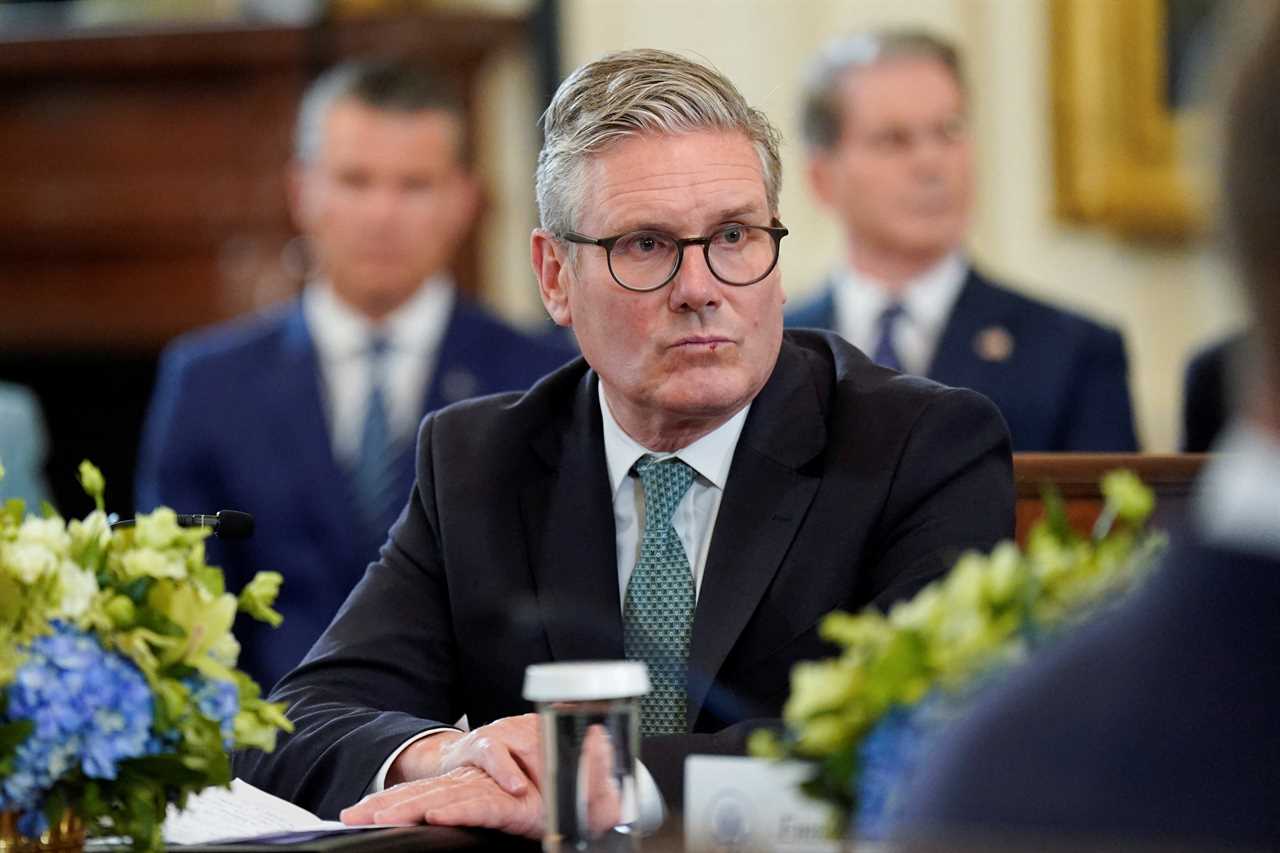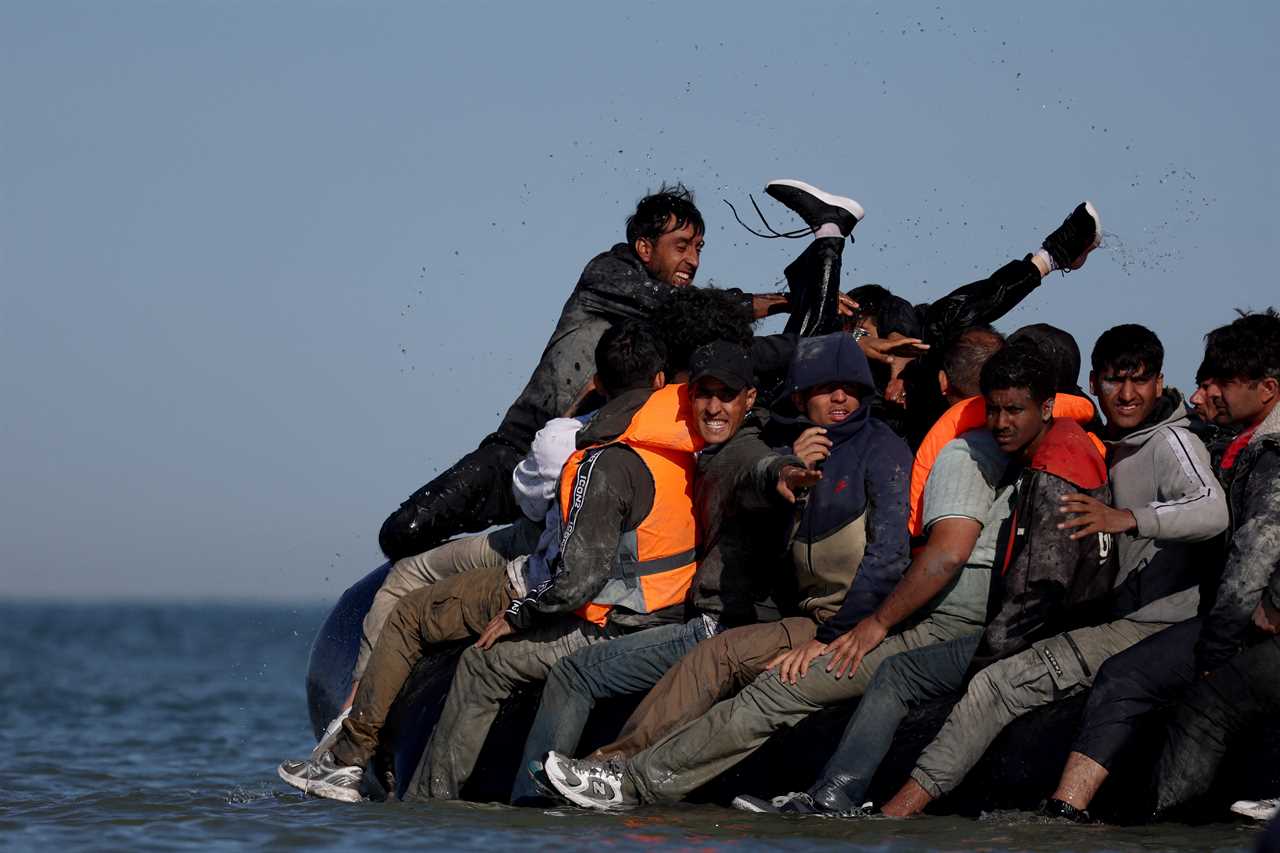
In the midst of a fervent debate over immigration policies, Sir Keir Starmer finds himself at a crossroads, facing escalating calls from within his own party to reevaluate his stance on asylum and deportation. The broader political landscape is fraught with tensions as the government grapples with the Channel crisis, amidst rising rhetoric around national security and immigration control.
The wider context: Channel Crisis and Asylum Debate
As Nigel Farage unveils a deportation plan that promises swift action on illegal arrivals, the discourse around immigration in the UK reaches a critical juncture. With record numbers of asylum claims and migrants residing in state-funded accommodations, the urgency for policy reform intensifies. The clash between hardline approaches to deportation and more nuanced strategies proposed by Home Secretary Yvette Cooper highlights the complexity of addressing asylum challenges.
Policy Proposals and Political Responses
Nigel Farage's proposal to fast-track deportations through stringent measures, including leaving the European Convention on Human Rights, starkly contrasts with Cooper's plan to streamline appeal processes and reduce case backlogs. The tension between prioritizing national security and upholding human rights underscores the inherent challenges of asylum governance in the UK. Labour backbenchers advocate for tougher measures, reflecting public sentiments of border security concerns and the need for decisive action.
Global Perspectives and Policy Influences
The reference to Denmark's stringent asylum policies serves as a reminder of the international dimension of migration governance. Drawing parallels with European approaches sheds light on the diverse strategies employed to deter and manage asylum seekers. The discourse around aligning UK policies with global trends underscores the interconnected nature of immigration debates and the need for comprehensive, informed decision-making.

Amidst this complex landscape, Starmer's leadership faces a pivotal moment, as competing visions of immigration control and humanitarian obligations collide. The path forward necessitates a delicate balance between security concerns, human rights considerations, and international influences. The evolving asylum debate encapsulates the broader challenges of governance, morality, and public opinion shaping the UK's approach to immigration in an increasingly interconnected world.
Did you miss our previous article...
https://trendinginthenews.com/uk-politics/analysis-labours-migration-strategy-faces-criticism-amid-escalating-crisis






